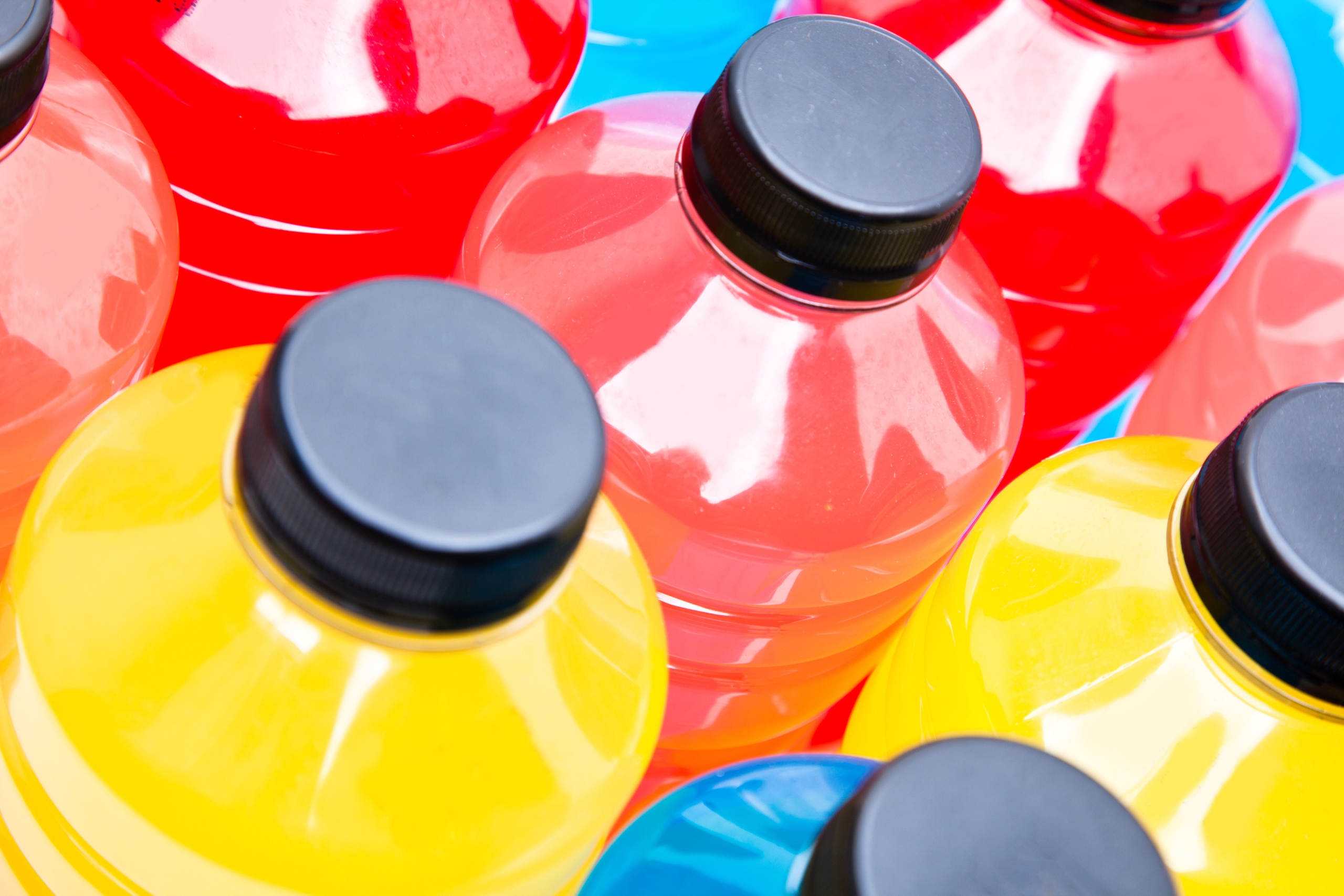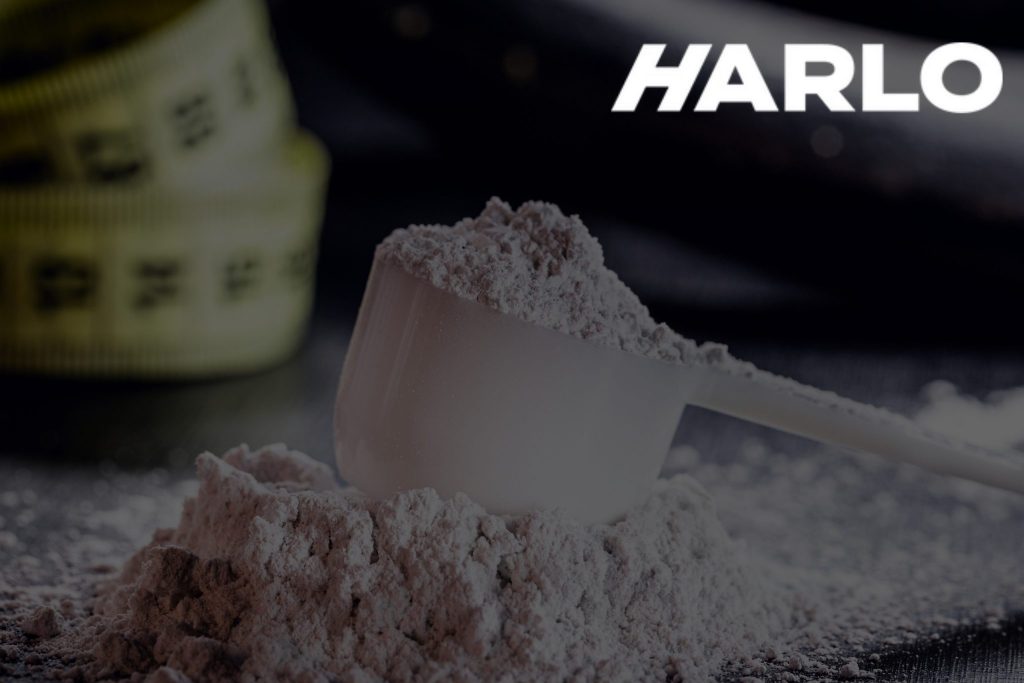Sports drinks have become a popular choice among athletes, fitness enthusiasts, and even casual exercisers. These beverages claim to provide a range of benefits, from replenishing electrolytes to boosting energy levels. However, as the market for sports drinks continues to expand, questions arise about whether these beverages can truly be considered healthy. In this article, we will delve into the definition of sports drinks, explore their purpose and benefits, and engage in a debate on their overall impact on our health. As we navigate through the different aspects of sports drinks, it is important to critically analyze their ingredients and effects, keeping in mind that what works for elite athletes may not necessarily be suitable for everyone. So, grab a bottle of water, and let’s dive into the intriguing world of sports drinks.
Ingredients in Sports Drinks
Sports drinks are commonly consumed by athletes and individuals engaging in physical activity to replenish fluids, electrolytes, and energy lost during exercise. These drinks typically contain a combination of key ingredients that contribute to their nutritional value and potential health risks.
One common component in sports drinks is water, which helps to rehydrate the body and prevent dehydration. This is crucial as intense physical activity can lead to significant water loss through sweat.
Electrolytes, such as sodium, potassium, and magnesium, are also present in sports drinks. These electrolytes help maintain fluid balance, regulate nerve and muscle function, and replace electrolytes lost through sweat. However, excessive consumption of electrolytes can lead to imbalances, potentially causing health issues like high blood pressure or heart problems.
Carbohydrates, in the form of sugars like glucose, fructose, or sucrose, are another ingredient found in sports drinks. These carbohydrates provide a source of quick energy during exercise and aid in recovery post-workout. However, the high sugar content in some sports drinks can contribute to weight gain, tooth decay, and increased risk of chronic diseases such as diabetes.
It is also common to find various vitamins and minerals, such as vitamin C, B vitamins, and calcium, in sports drinks. These nutrients support overall health and contribute to athletic performance. However, excessive intake of certain vitamins and minerals can have adverse effects on health, including digestive issues and toxicity.
Effects of Sports Drinks on the Body
Sports drinks play a crucial role in maintaining hydration and enhancing performance during physical activity. These beverages provide athletes with essential fluids, electrolytes, and carbohydrates that are lost through sweat during exercise.
Proper hydration is essential for optimal physical performance. Sports drinks help promote hydration by replenishing fluids lost during prolonged and intense exercise. The presence of electrolytes, such as sodium, potassium, and magnesium, helps to restore the body’s electrolyte balance, which is crucial for the proper functioning of muscles and nerves.
Furthermore, sports drinks contain carbohydrates, which are an important source of energy for athletes. Consuming carbohydrates during exercise can help delay muscle fatigue and enhance endurance performance. The carbohydrates in sports drinks are easily digested, providing quick energy to the working muscles.
Individuals with specific health conditions or dietary restrictions should consider the ingredients in sports drinks before consuming them. Some sports drinks contain high levels of sugar, which can be detrimental to individuals with diabetes or those trying to manage their weight. In such cases, low-sugar or sugar-free sports drinks can be a suitable alternative.
It is also important for individuals with conditions such as high blood pressure or kidney disease to monitor their sodium intake. Some sports drinks are high in sodium, and these individuals may need to choose sports drinks with lower sodium content or consult with a healthcare professional for guidance.
Comparison with Water
When it comes to staying hydrated during physical activity, the age-old debate between sports drinks and water arises. Both options have their own benefits, but let’s compare them to determine which one is more effective.
Water, being the most essential element of life, serves as a natural thirst quencher. It plays a crucial role in replenishing fluids lost through sweat and maintaining optimal bodily functions. Furthermore, water has zero calories, making it ideal for those looking to control their calorie intake.
On the other hand, sports drinks are formulated to not only rehydrate but also replenish electrolytes lost during intense workouts. These drinks contain carbohydrates and minerals, such as sodium and potassium, which aid in electrolyte balance and prevent muscle cramps. Additionally, the electrolytes in sports drinks help in faster absorption of fluids by the body.
While water is sufficient for most casual workouts and low-intensity activities, sports drinks can be beneficial for high-intensity exercises lasting over an hour. In such cases, the carbohydrates in sports drinks provide an extra energy boost, especially when glycogen stores are depleted.
Marketing and Consumer Perception
Marketing strategies play a crucial role in shaping consumer perception of sports drinks. The way companies promote their products can influence how consumers perceive their effectiveness and value. Effective marketing campaigns can create a positive image of a sports drink, ultimately leading consumers to purchase and consume it.
Endorsements and advertising also greatly impact the popularity of sports drinks. When a well-known athlete endorses a particular brand of sports drink, it can increase the brand’s credibility and appeal to consumers. These endorsements not only create a sense of trust but also associate the product with the athlete’s success and performance.
Advertising campaigns, whether through television, social media, or other channels, can also greatly impact consumer perception. Engaging and persuasive advertisements can capture the attention of consumers, making them more likely to consider purchasing a particular sports drink. Advertising can also highlight the unique features and benefits of a sports drink, making it stand out among competitors.
Consumer perception is key in determining the success of sports drinks in the market. Effective marketing strategies, such as engaging advertisements and endorsements from influential athletes, play a central role in shaping consumer perception. By creating a positive image and associating the brand with success, marketing campaigns can significantly impact the popularity and consumption of sports drinks.
Alternative Options
Commercial sports drinks are a popular choice for athletes and fitness enthusiasts looking to replenish fluids and electrolytes after intense exercise. However, there are natural and homemade alternatives available that can be equally effective and more beneficial for overall health.
One such alternative is coconut water, which is a refreshing and hydrating beverage that naturally contains electrolytes such as potassium, sodium, and magnesium. Additionally, it is low in calories and free from artificial additives, making it a healthier choice. Another option is watermelon juice, which not only hydrates but also provides essential vitamins and minerals.
Homemade electrolyte drinks can also be easily prepared using ingredients commonly found in the kitchen. For example, a simple recipe involves mixing water, lemon juice, honey, and a pinch of salt. This concoction provides essential electrolytes and helps replenish lost fluids during exercise.
Aside from alternative beverages, there are other methods for rehydration during exercise. Consuming fruits with high water content, such as watermelon and strawberries, can aid in replenishing fluids. Additionally, consuming a balance of carbohydrates and protein post-workout can help restore energy and promote muscle recovery.

Conclusion
In conclusion, after examining the evidence and arguments presented, it is evident that there is no definitive answer to the question of whether there is such a thing as a healthy sports drink. While sports drinks can provide some benefits, such as hydration and replenishment of electrolytes, they are often high in sugar and calories. This can be problematic for individuals who are trying to maintain a healthy diet or lose weight. Additionally, the excessive consumption of sports drinks can lead to dental issues and an increased risk of obesity and other chronic diseases.
Therefore, it is important for individuals to approach sports drinks with caution and moderation, considering their own specific needs and goals. Water continues to be the most effective and natural choice for hydration, and individuals engaged in moderate physical activity can typically achieve adequate hydration through regular water intake. Ultimately, the decision to consume sports drinks should be made based on individual circumstances, consulting with healthcare professionals if necessary.

